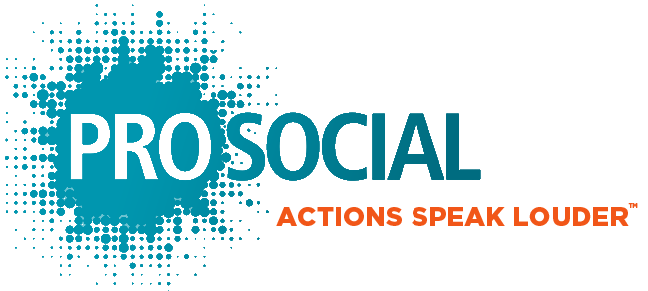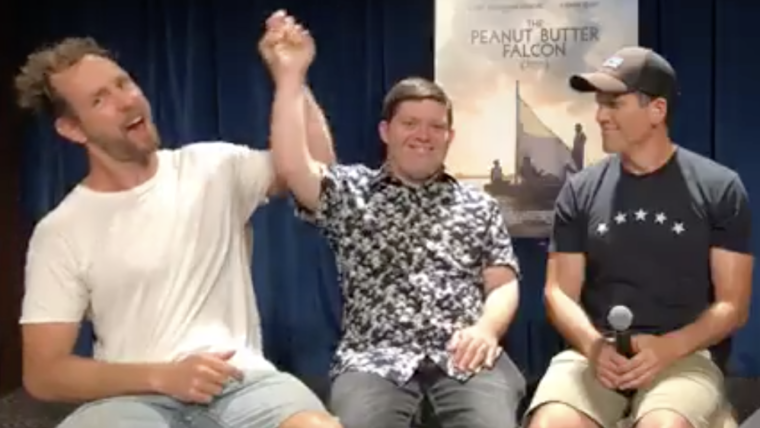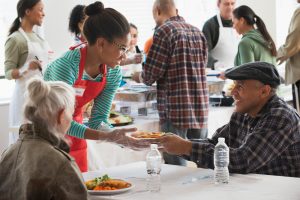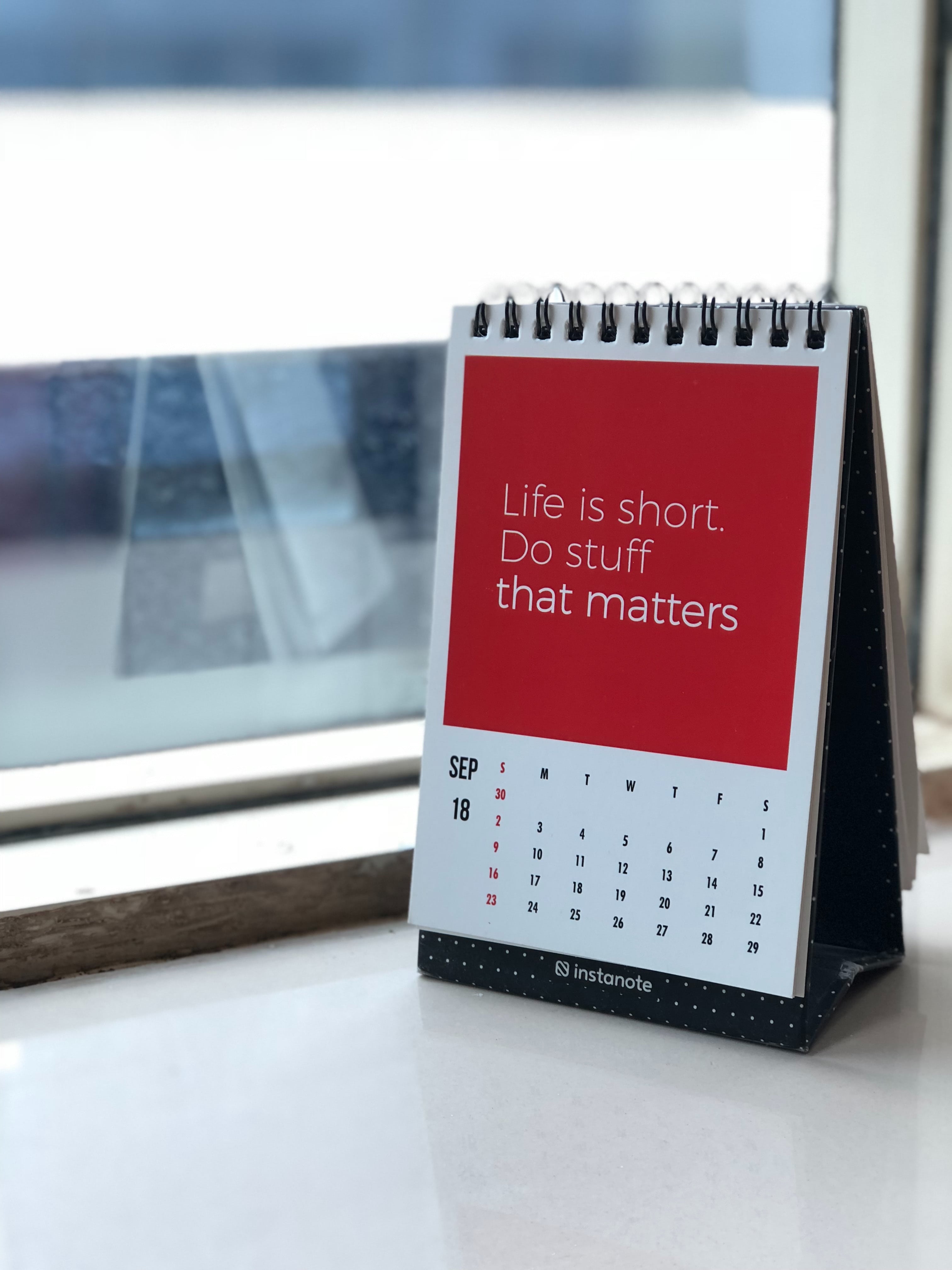Behind the Scenes at TED
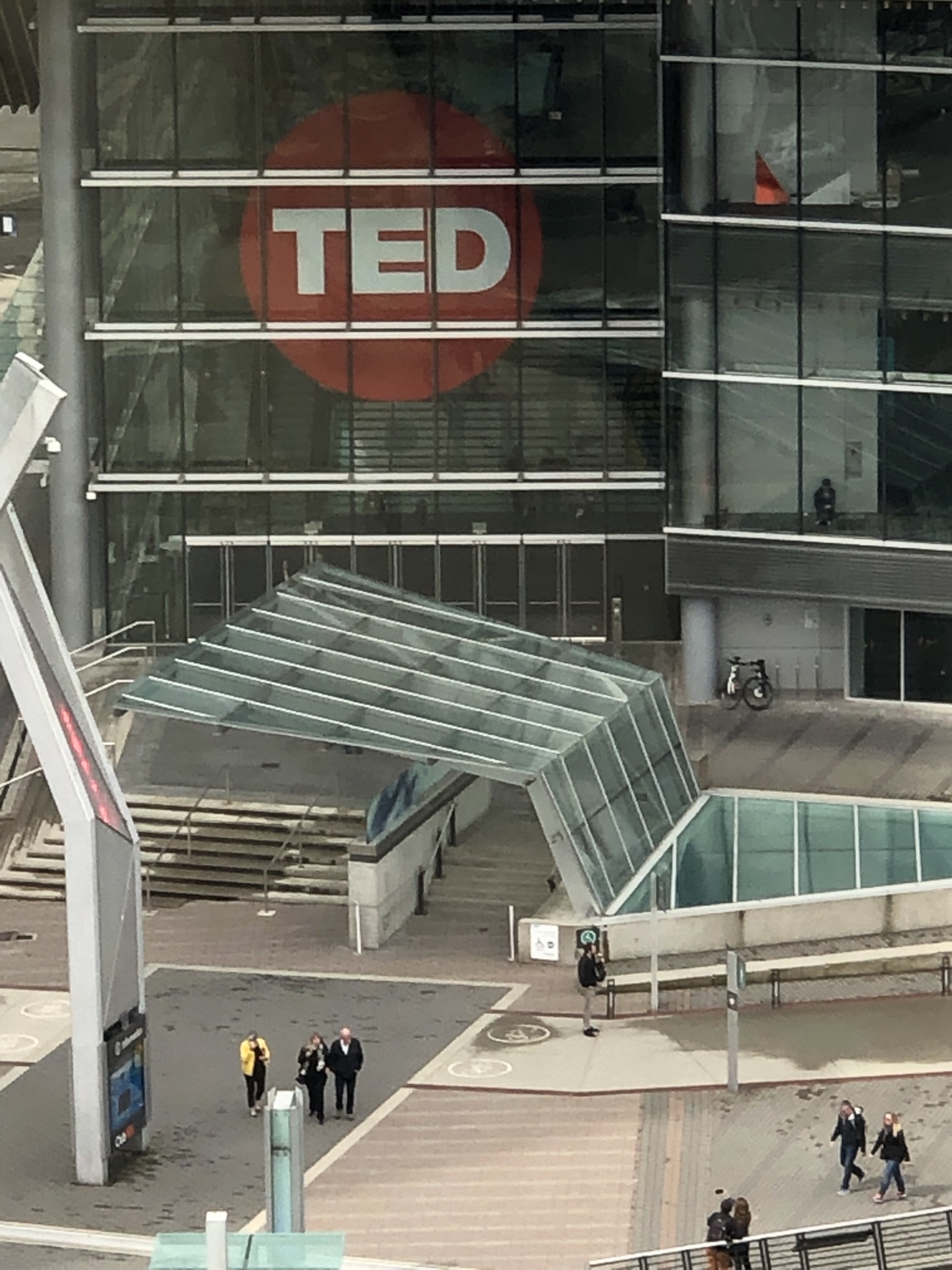
TED talks have racked up billions of views and podcast downloads from audiences around the world. But the number of people who attend the annual TED (Technology, Entertainment, and Design) conference in person is only about 1,500, and Meredith, ProSocial’s CEO, has been fortunate enough to be among the attendees for more than a decade now. After she returned from this year’s five-day event, held in Vancouver in April, our team asked her what it’s like to be at the epicenter of ideas worth spreading.
When most people think of TED, they think of the talks. But the conference involves more than watching the speakers, right?
Definitely. There are actually some exciting parts of TED that happen even before the event. First, a month or two in advance, they send me a box of books. Many are written by TED speakers, but not all of them. Their curation team is amazing. It’s a collection of the most interesting books everyone should read. I haven’t had a chance to dig into them yet, but one I’m looking forward to is a graphic novel with a weirdly spelled title [“Everyone’s a Aliebn When Ur a Aliebn Too” by Jomny Sun, a pen name for Jonny Sun]. It’s about an alien sent to study Earth who’s struggling to learn English and live among humans. I didn’t see the author’s TED talk—he made a case for the value of connecting with others online—but I heard people saying they liked it.
Also, a couple weeks before this year’s conference, they held small gatherings for individual speakers, connecting them with some attendees in advance so they would have familiar faces at TED. I went to a cocktail reception and dinner in L.A. with maybe a dozen people for Suleika Jaouad, creator of the New York Times column and video series “Life, Interrupted,” about having cancer in her twenties. She told her story and asked for our suggestions for her as a TED newbie. I shared that for me, the event is as much about the relationships and the conversations over coffee breaks as it is about the talks. I encouraged her to introduce herself to anyone she really finds of interest and even just whoever’s standing in front of her in the line. Everyone is super-welcoming.
Another thing is that the day before the event, there are some experiential activities you can sign up for. One year they offered a helicopter ride. This time there were “Discovery Sessions” like exploring the trees with a naturalist, building your own robot, or learning to meditate—one of my friends went curling. Then during the conference, there are special dinners you can attend. This year they had table talks on different topics, and I went to one on “meaning.”
What was that conversation like?
The premise was that we don’t need stuff; we need purpose. Where do we begin searching for ours? Each table had a “conversation champion” who was leading the discussion. People were very vulnerable and real and talked about things they were searching for. Part of the conversation was about the importance of personal relationships you have in life. Everyone was supportive of one another. I’m glad I went.
How’s the food?
The food is insane—I gained weight for sure! TED is accommodating of all kinds of food preferences. There was a whole plant-based tasting section with dairy-free ice cream, baked goods, gourmet cheeses, and even plant-based chicken nuggets. You know, Beyond Meat, which was featured in “Eating Animals” [a documentary with an impact campaign by ProSocial], was just the first plant-based company to go public, and it blew away all these other initial public offerings. This is where the future is going.
Speaking of the future, tell us about the virtual reality experiences at TED.
They always have the latest in tech exhibits. The Holodome is essentially a virtual reality museum, but it’s actually a step beyond VR because there’s no headset—you’re just completely immersed in the experience. It looks like paintings are on the wall, but then they start coming toward you in 3-D, and you can actually “go into” them, like we were walking in the poppy fields in Monet’s paintings. It’s incredible. I also got to see what it’s like inside a black hole.
Wow. Which TED talks especially resonated this year?
Carole Cadwalladr’s presentation on “Facebook’s role in Brexit—and the threat to democracy” was the first talk of the event and the most talked about, no question. She really broke down how technology has been used to influence elections here and abroad, and she urged the “gods of Silicon Valley” in the audience, along with the rest of us, to fight for democracy.
Another one I was struck by was Michael Tubbs, the mayor of Stockton, California. I’m telling you, he’s someone to watch. He’s 28, the youngest mayor of a city with more than 100,000 people, and he’s also the first African American mayor of his city. What he’s doing at his age is inspiring. He was raised by a single teenage mom and grandmother, with his father in prison, and he says the murder of his cousin compelled him to run for office. His personal connection to issues of poverty and inequality and violence and incarceration is bringing a fresh approach to tackling these problems.
Also, Suleika’s talk—about illness, wellness, grief, life—was fantastic. It was personal and about things that touch all of us. It’s hard not to have takeaways about how you want to live your own life.
What was one of your takeaways?
Well, actually, there was also a talk on the importance of sleep, with some really interesting but disturbing research about what happens in our bodies and brains when we don’t get enough. We know this and hear it all the time, but it struck a chord. I’m deficient in this department. It underpins everything. I need more.
The 2019 TED talks are gradually being posted online at ted.com.
